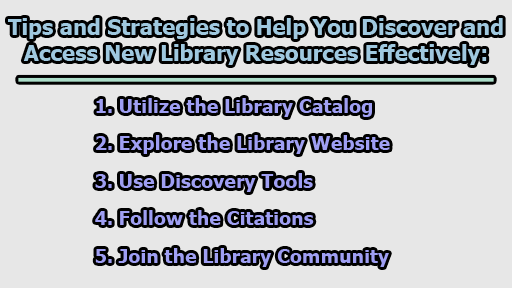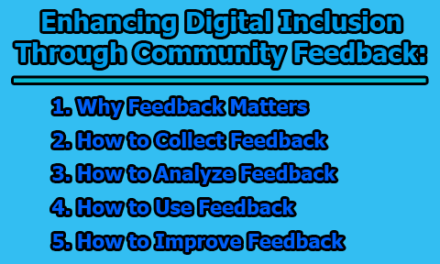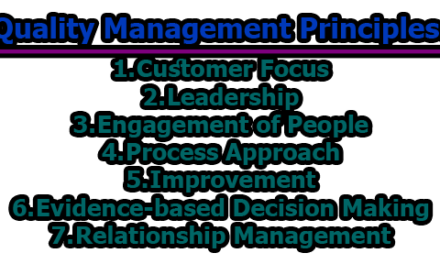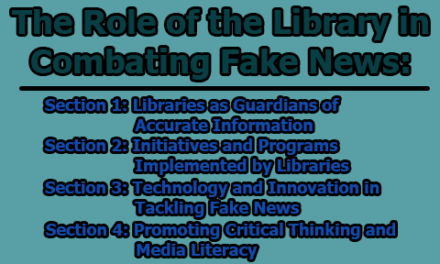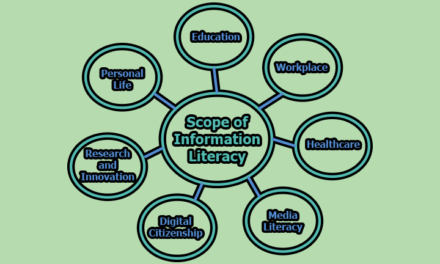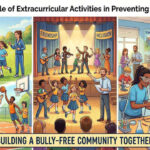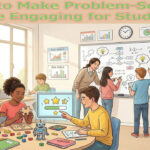Tips and Strategies to Help You Discover and Access New Library Resources Effectively:
Finding new library resources can be a rewarding yet challenging task, especially when you’re on the hunt for specific or unfamiliar materials. Libraries offer a wealth of information in the form of books, articles, databases, and multimedia. To make the most of your library services, it’s essential to know where and how to look. In this article, we will explore some of the necessary tips and strategies to help you discover and access new library resources effectively.
1. Utilize the Library Catalog: The library catalog is a powerful tool that helps you search for and locate a wide range of library resources, including books, ebooks, journals, magazines, newspapers, DVDs, and CDs. Here are some tips to make the most of it:
- Use keywords, phrases, or subject headings to narrow or broaden your search.
- Employ filters, facets, or advanced search options to refine your results by format, date, language, or other criteria.
- Take advantage of features like “More like this” or “Similar items” to find related resources.
- Use the “Save” or “Export” features to create lists, citations, or alerts for your resources.
2. Explore the Library Website: The library website is a treasure trove of information and links to help you discover new library resources. Here’s what you can do:
- Explore the library website to learn about its collections, services, policies, and staff.
- Access online databases, e-journals, e-books, and other digital resources.
- Find subject guides, research guides, tutorials, and other resources created by librarians.
- Request interlibrary loans, document delivery, or other services from other libraries.
- Contact librarians for assistance, suggestions, or feedback.
3. Use Discovery Tools: Discovery tools are online platforms that allow you to search across multiple library resources, helping you find materials that may not be available through the library catalog or website. Some examples of discovery tools include Google Scholar, WorldCat, and the Library of Congress:
- Google Scholar indexes scholarly literature from various sources, such as journals and books.
- WorldCat is a global network of library catalogs with millions of records from thousands of libraries.
- The Library of Congress holds an extensive collection of books, manuscripts, maps, photos, music, and more.
These discovery tools open up a world of digital and physical resources across a wide range of topics and formats. You can also link your library account to Google Scholar to access subscribed resources and request materials through interlibrary loans or other services from WorldCat.
4. Follow the Citations: Citations are references to sources that authors use to support their arguments, ideas, or findings. They can be a goldmine for finding new library resources that are relevant, reliable, and authoritative. Here’s how you can do this:
- Use citation indexes, databases, or tools such as Web of Science, Scopus, and Google Scholar Citations.
- These tools enable you to discover the number, frequency, and impact of citations for a work, author, or institution.
By following citations, you can trace the origins, development, and debates of a topic or field of study, identify key authors and publications, and find the sources that authors cite in their works or those that cite a specific work.
5. Join the Library Community: The library community is a network of people who share an interest in library resources and services. By becoming a part of this community, you can:
- Discover new library resources or skills.
- Connect with other library users, librarians, or experts.
- Share feedback, opinions, or suggestions on how to improve the library.
You can join the library community through social media, blogs, newsletters, or forums like Facebook, Twitter, library blogs, or library forums. These platforms allow you to follow library updates and discussions, post and reply to questions, and subscribe to updates on new posts or topics.
In conclusion, finding new library resources can be a fun and rewarding experience if you know where to look and how to search effectively. The tips and strategies mentioned in this article will help you make the most of your library services and discover a variety of resources that can enrich your knowledge, research, or learning. So, enjoy the process of searching and exploring your library’s offerings to the fullest!

Library Lecturer at Nurul Amin Degree College

